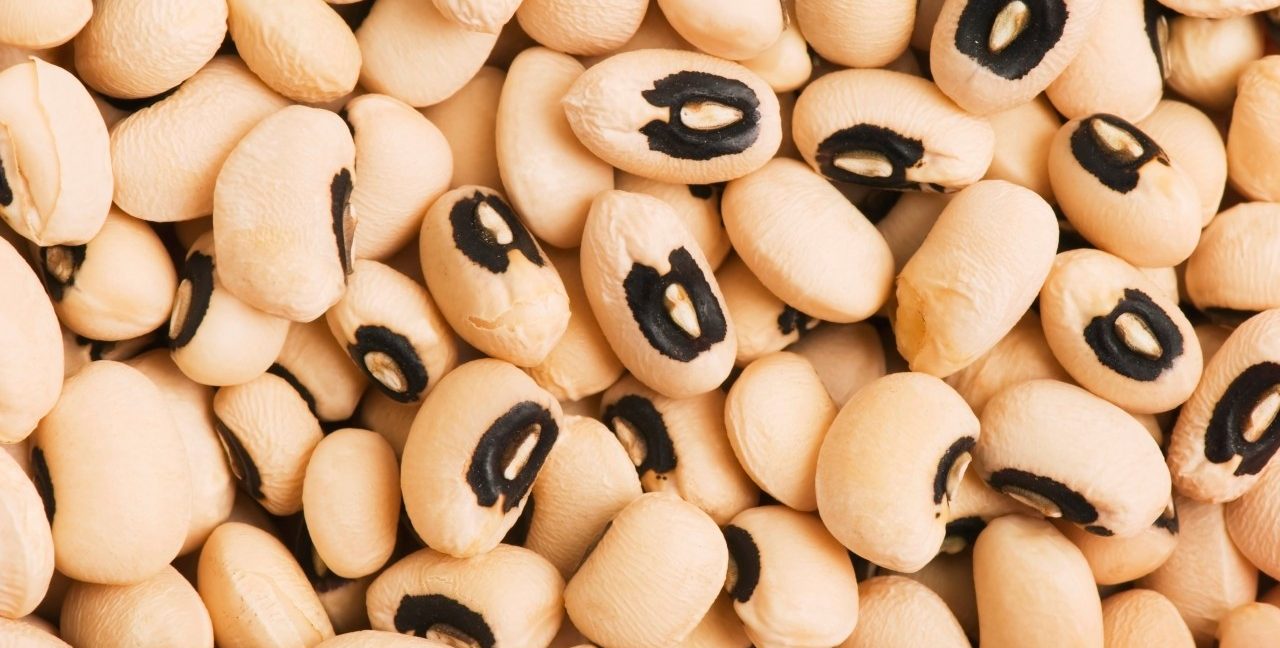High-fiber Diet Cuts Your Colon Cancer Risk

A diet high in fiber, based on African food, dramatically slashed African Americans’ risk for colon cancer in just two weeks. Here’s what you should know.
Colon cancer rates are higher in all western countries than in Africa. In the U.S., colon cancer (technically called colorectal cancer) is the third most commonly diagnosed malignancy and the second leading cause of death from cancer.
Rates have been falling in older groups but rising among the young. African Americans are at heightened risk. They are 20 percent more likely to have colon cancer and 40 percent more likely to die from the disease, according to the American Cancer Society.
A change in diet could make a huge difference quickly, a discovery from a team of scientists from the University of Pittsburgh and Imperial College London suggests. It took only two weeks of eating an African-style diet, low in fat and protein and rich in fiber, instead of a common high-protein and low-fiber American diet.
YOU MIGHT ALSO LIKE: Types of Colon Cancer
The dramatic effects of a high-fiber diet
For the study, 20 African American volunteers and 20 participants from rural South Africa, all of whom had been eating their regular diets, underwent colonoscopy examinations.
The researchers measured biological markers linked to colon cancer risk and took samples of bacteria from their colons. The colonoscopies revealed that about half of the U.S. research subjects had colon polyps (which can be benign but may progress to cancer). Their South African counterparts had none of these growths.
The two groups then swapped diets under tightly controlled conditions for two weeks. In a second round of colonoscopies afterwards, inflammation and biomarkers of colon cancer risk had plummeted in the Americans, showing that the African diet had helped them rapidly.
But the opposite was true for the South Africans. Their colon cancer risk had jumped after just two weeks on an American diet.
It's unlikely that these results apply only to African Americans.
“The findings suggest that people can substantially lower their risk of colon cancer by eating more fiber. This is not new in itself, but what is really surprising is how quickly and dramatically the risk markers can switch” said team leader Jeremy Nicholson, professor emeritus at Imperial College London.
The speed of the change suggests the role of gut bacteria, which can change quickly.
This bacteria, known as the intestinal microbiome, produces a by-product of fiber metabolism called butyrate that has anti-cancer properties. In all, butyrate levels increased 2.5 times when Americans ate the African-type diet. Butyrate decreased by half, however, in the colons of the Africans who ate typical American food.
What you can do
- Lose extra pounds. Other research has found that the risk of colon cancer increases by five percent for every extra 11 pounds. Evidence suggests that obesity makes the gut microbiome less diverse.
- Eat more fiber. In addition, studies show that eating more fiber has the effect of increasing Bacteriodetes (good bacteria) and cutting Firmicutes (bad bacteria). You’ll get fiber in vegetables, fruits, and whole grains.
- Eat less red meat. Beef, pork, and lamb may increase your risk of colon cancer. Processed meats — hotdogs, sausages, and some luncheon meats — are probably the most dangerous.
The general rules for good health apply: Lack of exercise and smoking are also linked to a higher risk of colon cancer.
Updated:
August 25, 2022
Reviewed By:
Janet O’Dell, RN